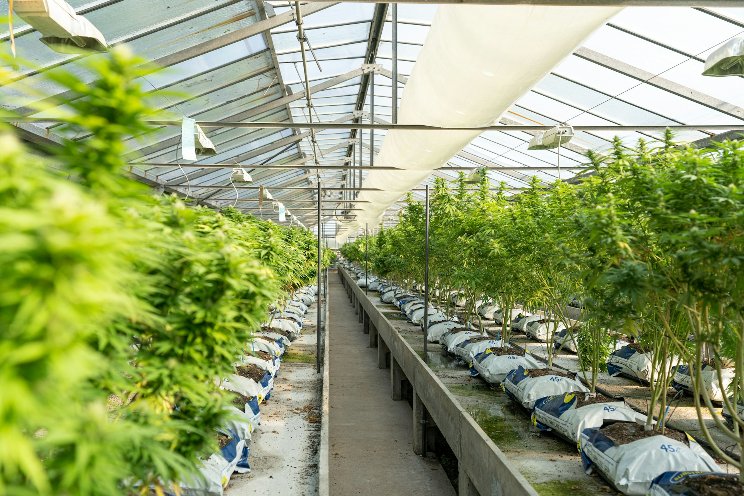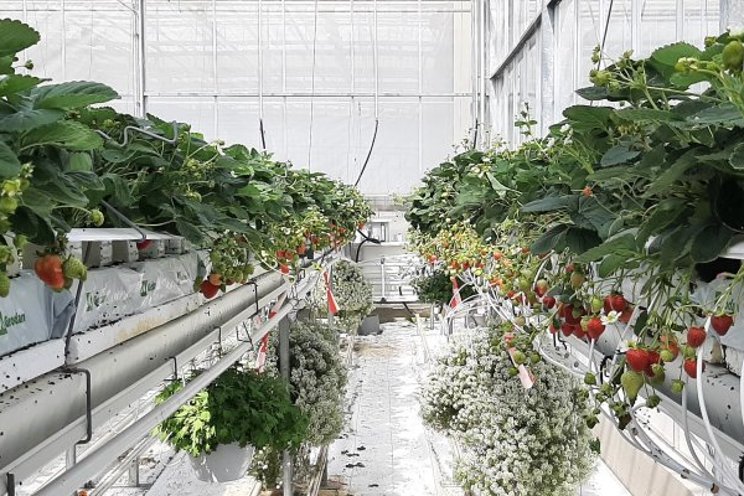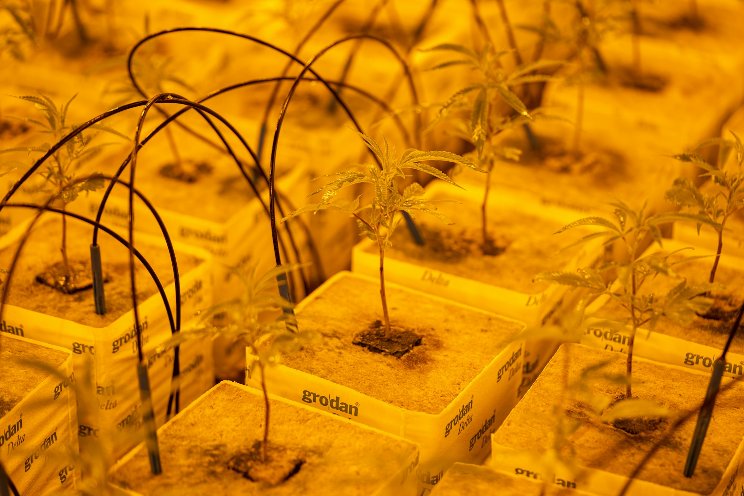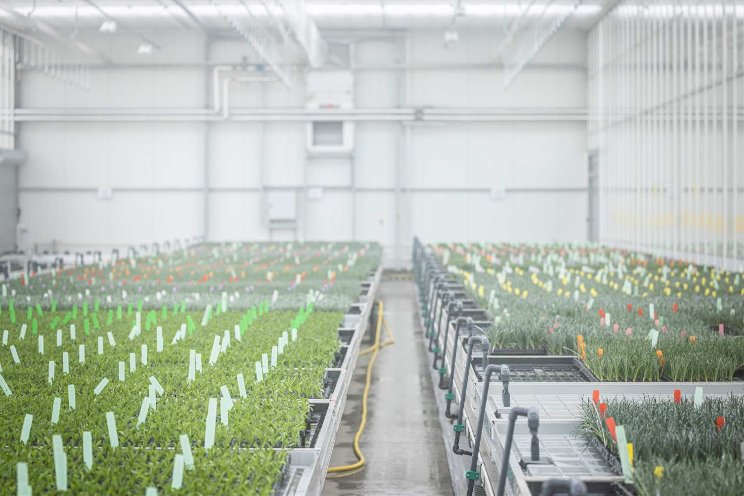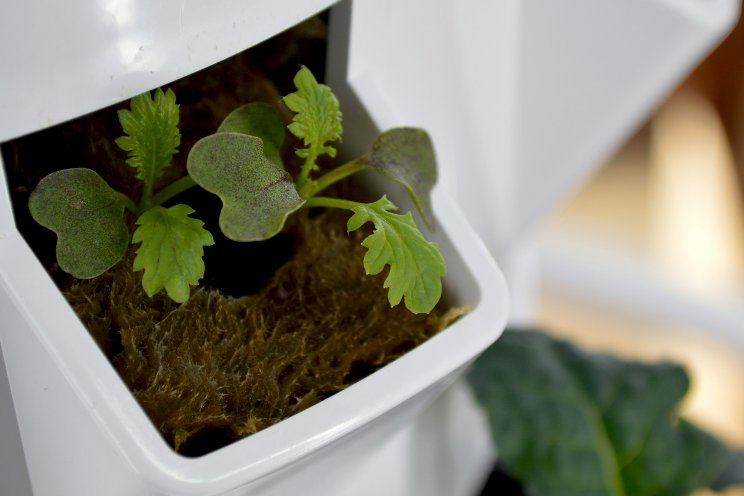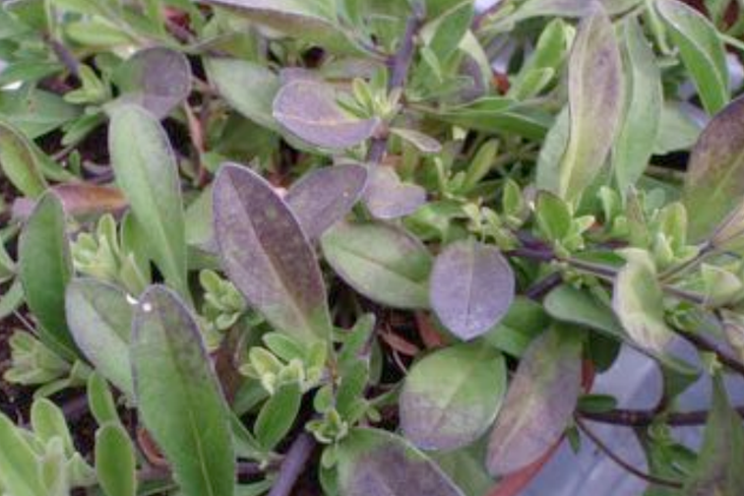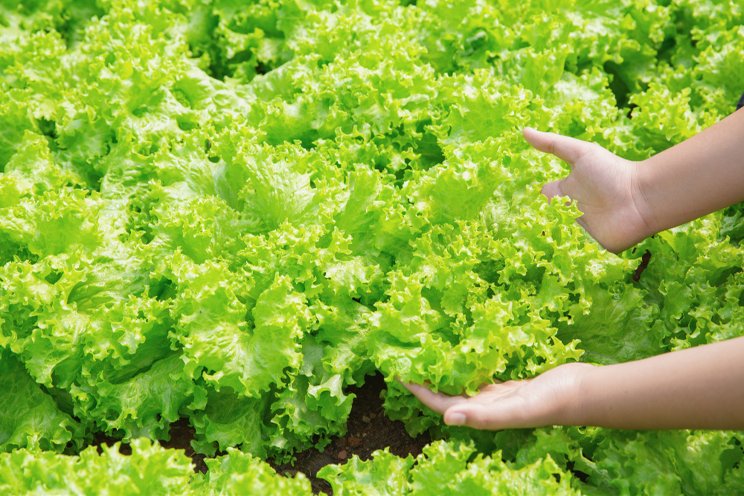Climate-resilient farming to empower Bangladesh women
Added on 05 January 2022
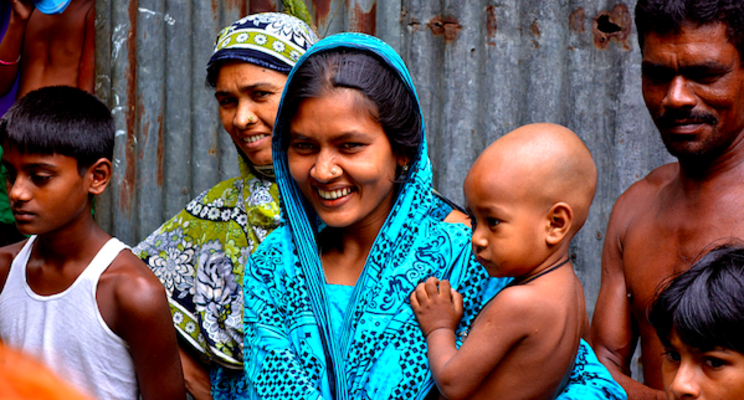
Geeta Moni Mandal spends several hours a day in her homestead where she is cultivating a variety of vegetables this winter. Mandal, wife of a daily-wage laborer and a mother of two, started growing vegetables in her yard two years ago after her husband's income declined.
"Intense floods and waterlogging forced many farm owners to abandon agricultural production. It was hard for daily-wage laborers like my husband to find regular work," she said, adding: "I am now supporting my family and my children's education by selling vegetables."
Mandal's case is not unique in the region. Many women living in Bangladesh's coastal areas, where extreme weather events linked to climate change routinely cause misery in local communities, share similar stories.
Extremely vulnerable to climate change
Bangladesh is one of the countries most vulnerable to climate catastrophes. The country faces frequent floods, droughts, riverbank erosion, coastal erosion and cyclones that form in the Bay of Bengal.
The southern coastal part of the country, where around 30 million people live, is often battered by climate-related natural disasters, which displace hundreds of thousands of people and inundate vast tracts of land.
Daily-wage workers frequently bear the brunt of these disasters, with many of them losing their income sources.
Intense and frequent flooding, heavy rainfall, tidal surges and water salinity have also hurt crop production for the past few years, affecting farm workers, who account for around 60% of the nation's labor force and 70% of the rural poor.
Women hit hard by adverse climate events
Women in these regions mostly rely on small-scale agriculture, cattle, poultry rearing, as well as handicrafts for their livelihood.
With climate-related problems affecting agriculture, women from poor households have been particularly hard hit.
Mohammad Abdur Rahman, a climate researcher, told DW that traditional farming is one of the important sources of income for women in the region. But adverse climate events such as waterlogging and salinity are preventing them from growing vegetables using traditional farming methods, he added.
Climate stress and the resulting decline in incomes have also led to increased migration of men from villages to cities in search of jobs, often leaving women behind.
The climate challenges compound the other socio-economic challenges women face in the region.
The patriarchal social norms here mean that female mobility and participation in decision-making processes are heavily restricted. They have limited access to and ownership of land and other productive assets.
Furthermore, their access to market and capital is constrained, while many of them face problems like domestic violence and early marriage.
Building up environmental resilience
Many local and international organizations have been making efforts to help the local communities, particularly women, overcome the effects of the climate-related problems.
The United Nations Development Program (UNDP), for instance, joined forces with the Bangladeshi government and has been helping people in the districts of Satkhira and Khulna, particularly women and girls, to cope with climate change adaptation and problems like salinity.
Click here to read more.
Photo by Theodore Goutas on Unsplash
Source: Msn News
More news
